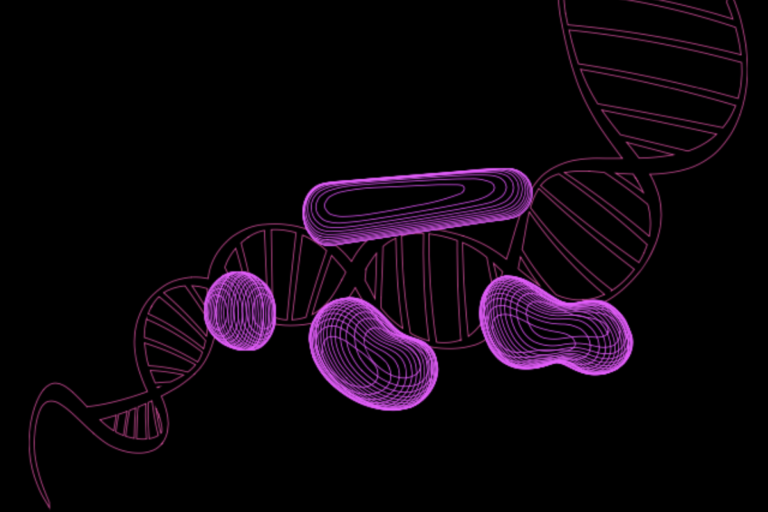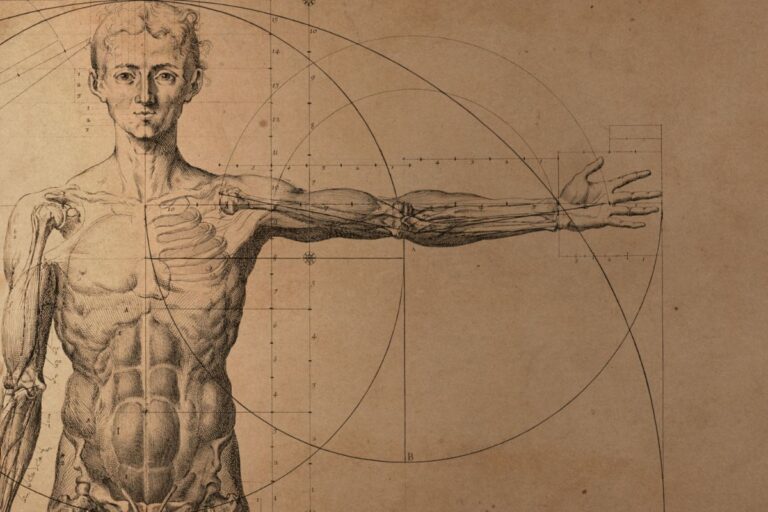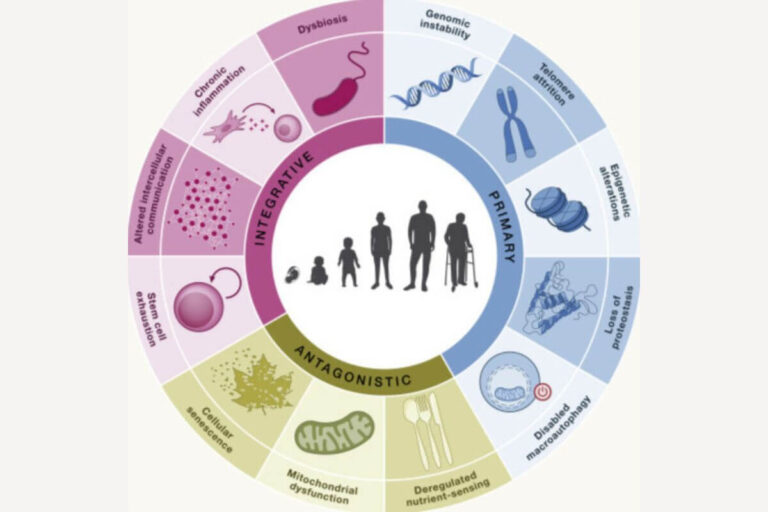Many of us are well aware of our chronological age—the number of years since we were born. But few are familiar with the concept of biological age, which offers a more nuanced view of how our bodies actually age. Biological age reflects the body’s physiological condition and can differ significantly from chronological age.
What is biological age?
Biological age is a measure of how much our cells and organs have aged over time. This aging process varies between individuals and is influenced by numerous factors such as lifestyle, environment, and genetics.
Differences from chronological age
While everyone in a certain age group shares the same chronological age, biological age can vary greatly:
- Some people age slowly and may be biologically 10-20 years younger than their chronological age.
- Others age faster and may face age-related diseases earlier.
How is biological age measured?
There are several methods to estimate a person’s biological age:
- Epigenetic Clocks: By analyzing blood samples, researchers can study how DNA is regulated over time, providing insight into biological aging. Read more about how to measure biological age with epigenetic clocks.
- Biomarkers: Various bodily measurements can serve as indicators of biological age, such as:
- Blood pressure
- Cholesterol levels
- Blood sugar
- Body weight
- Physical Tests: Simple tests for mobility and strength can give clues about the body’s biological age.
Factors influencing biological age
Our biological aging process is affected by both controllable and uncontrollable factors:
- Lifestyle Factors:
- Diet
- Physical activity
- Smoking
- Sleep habits
- Stress
- Environmental Factors:
- Pollution
- Socioeconomic conditions
- Genetics: Heredity plays a role but accounts for only 10-30% of the variation in lifespan.
Can you influence your biological age?
The good news is that it is possible to slow down—and in some cases even reverse—biological aging. The American Heart Association highlights eight healthy habits that can slow aging by up to eight years:
- Eat nutritious food
- Stay physically active
- Quit smoking
- Sleep well
- Maintain a healthy weight
- Manage cholesterol levels
- Control blood sugar
- Keep blood pressure in check
Importance of biological age
Understanding your biological age can be a powerful tool for improving health and extending life. It offers a more detailed picture of the body’s state than chronological age and can motivate healthier lifestyle changes.
In summary, biological age provides a deeper understanding of our aging process compared to our date of birth. By being aware of the factors that influence biological age, we can take proactive steps to improve our health and quality of life, regardless of how many years have passed since we were born.







